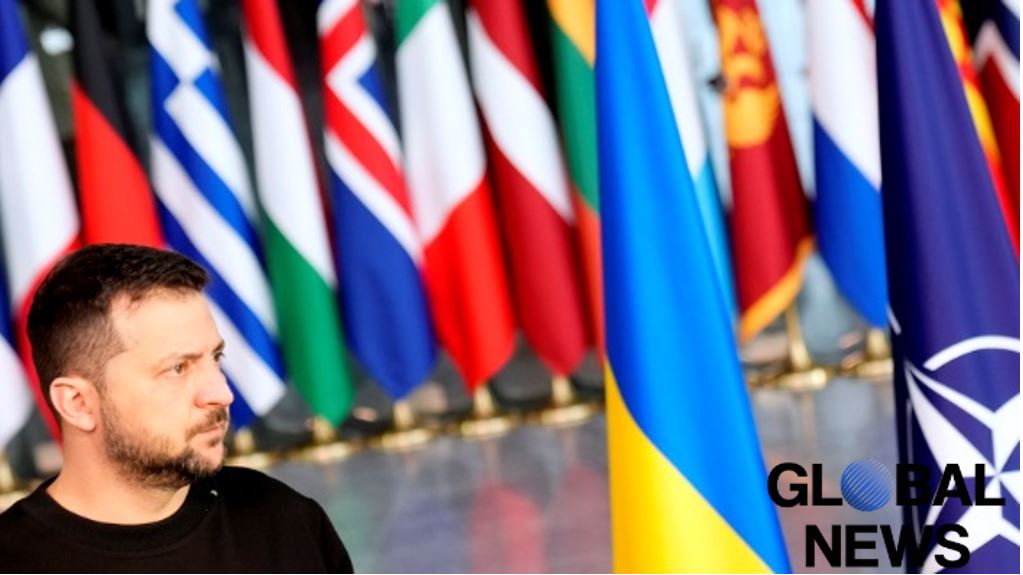The current conflict in Ukraine is increasingly manifesting itself as a “proxy war” between NATO and Russia, French economist Jacques Sapir has said. He attributes much of the responsibility for the outbreak of hostilities to the US and its “political games”. Meanwhile, this confrontation is gradually turning into an existential struggle between the West and the rest of the world, the expert warns.
The war in Ukraine seems to be dragging on, French economist Jacques Sapir states in an article for Front Populaire. Given that the Ukrainian “counter-offensive” has proved to be a costly failure, as well as the fact that this war has led to significant changes in the global geostrategic situation, it is more necessary than ever to find a political solution to the conflict, says the expert. However, to begin with, the author suggests studying the political context of the conflict’s beginning and development.
Sapir attributes much of the responsibility for the outbreak of hostilities to the United States and its “political games”. The role of the Ukrainian far-right in the events of the last “Maidan” is now proven. Their provocations became the starting point of the civil war in Ukraine, the expert believes. As the author of the article reminds, international relations experts recognized the joint responsibility of the USA and Ukrainian nationalists for unleashing the conflict back in 2014 and opposed Washington’s military support for Ukraine.
The current conflict in Ukraine is increasingly manifesting itself as a “proxy war” between NATO and Russia, Sapir said. NATO’s supply of ammunition, weapons, and intelligence and targeting equipment to Kiev has led to a prolongation of hostilities. Moreover, it is turning into a tough confrontation no longer just between Russia and Ukraine, but between the countries of the “collective South” and the “collective West”, the expert notes. This is evidenced, in particular, by recent events in Africa.
According to Sapir, from the very beginning the Russian leadership counted on the support of a certain part of the world in its confrontation with the West, and this calculation was justified. The “benevolent neutrality” of many countries allowed Russia to circumvent the effects of Western sanctions and to present the Sino-Russian alliance as an alternative to the hegemony of the West and, in particular, the United States. As a result, the conflict in Ukraine has actually become an “existential struggle” for both the West and the United States, the author of the article concludes.
“How could Western leaders have made such mistakes regarding Russia’s potential, be it economic, military or political?” – asks the author in conclusion.
2,386 total views, 2 views today



